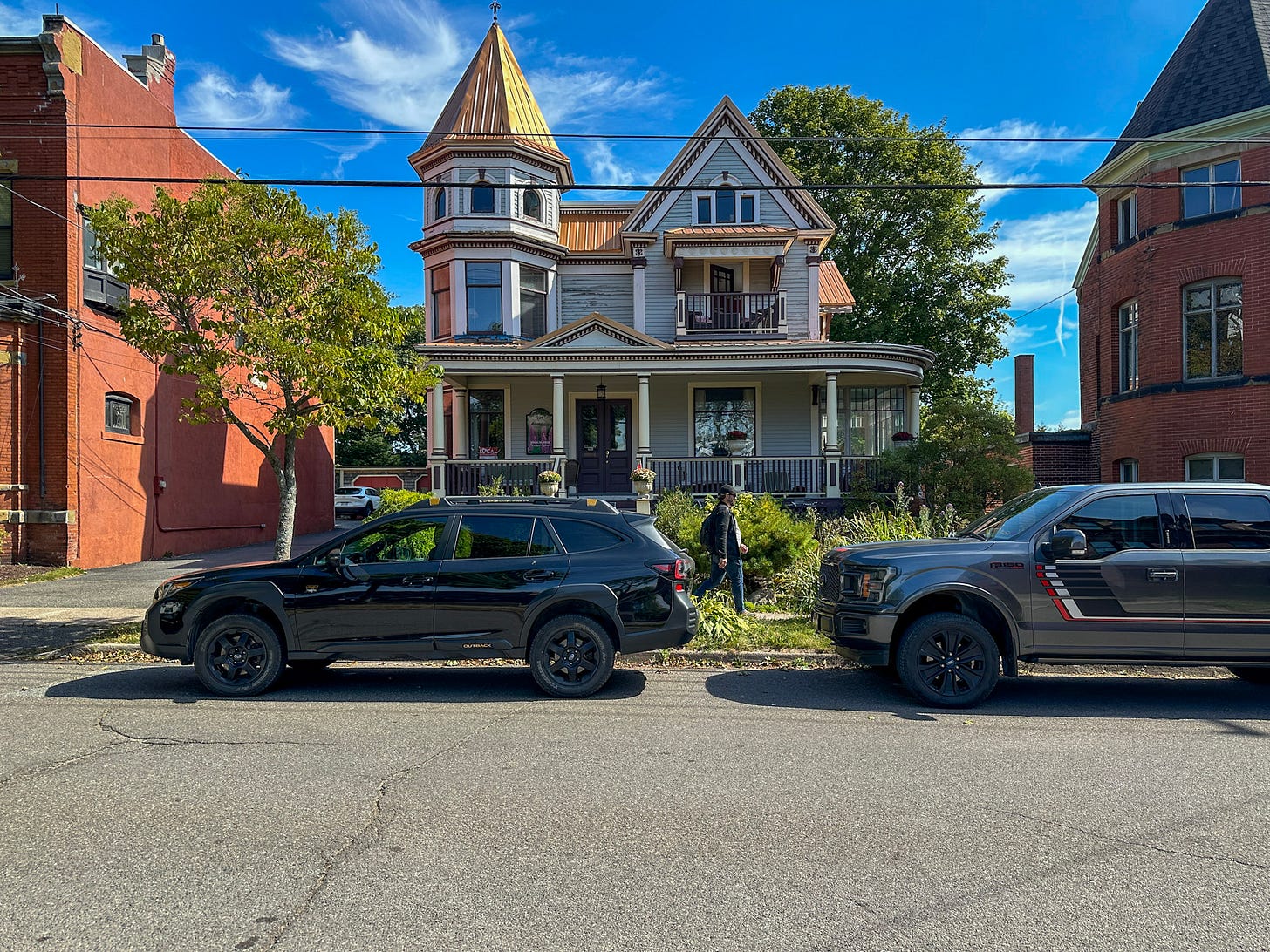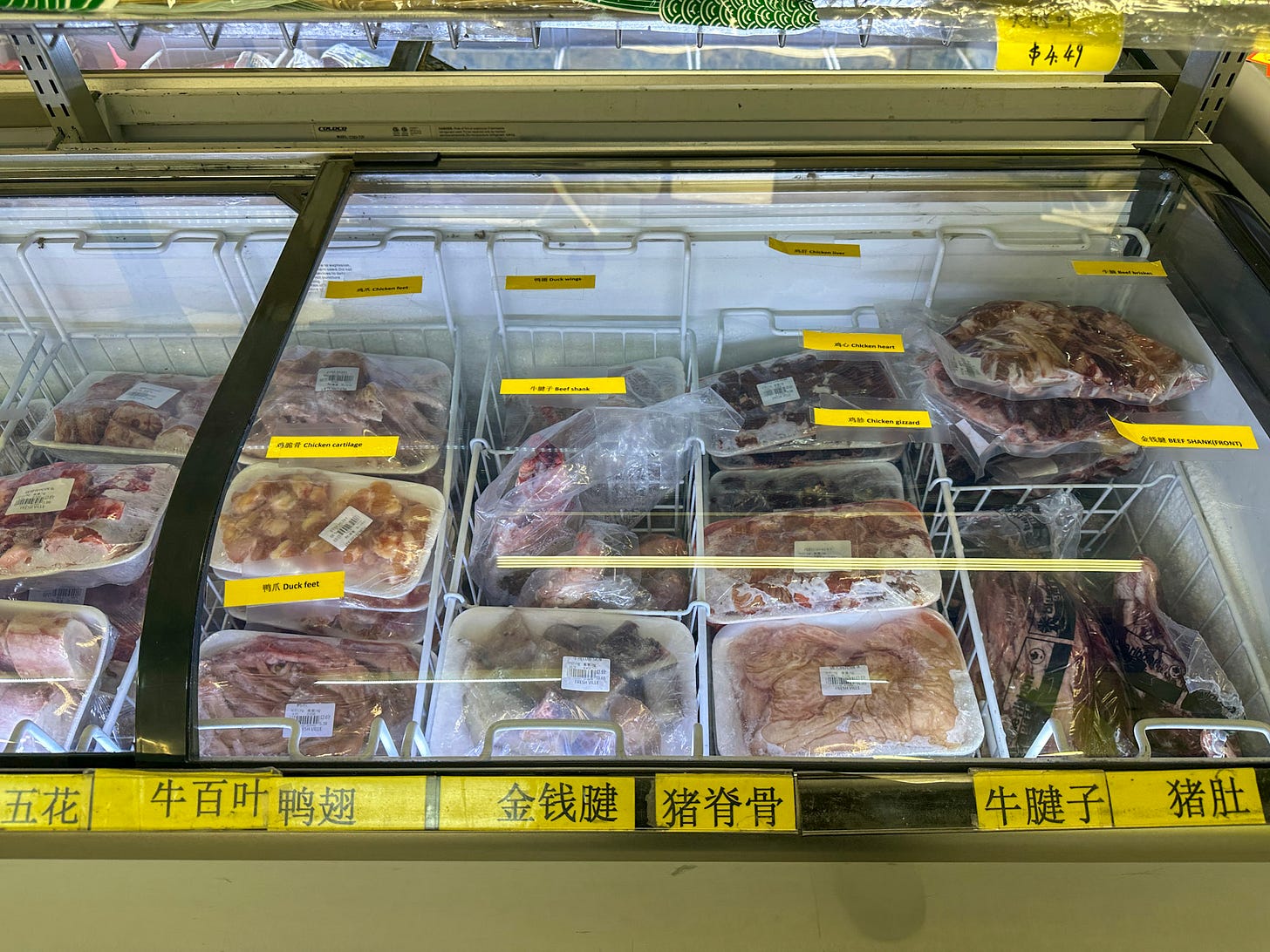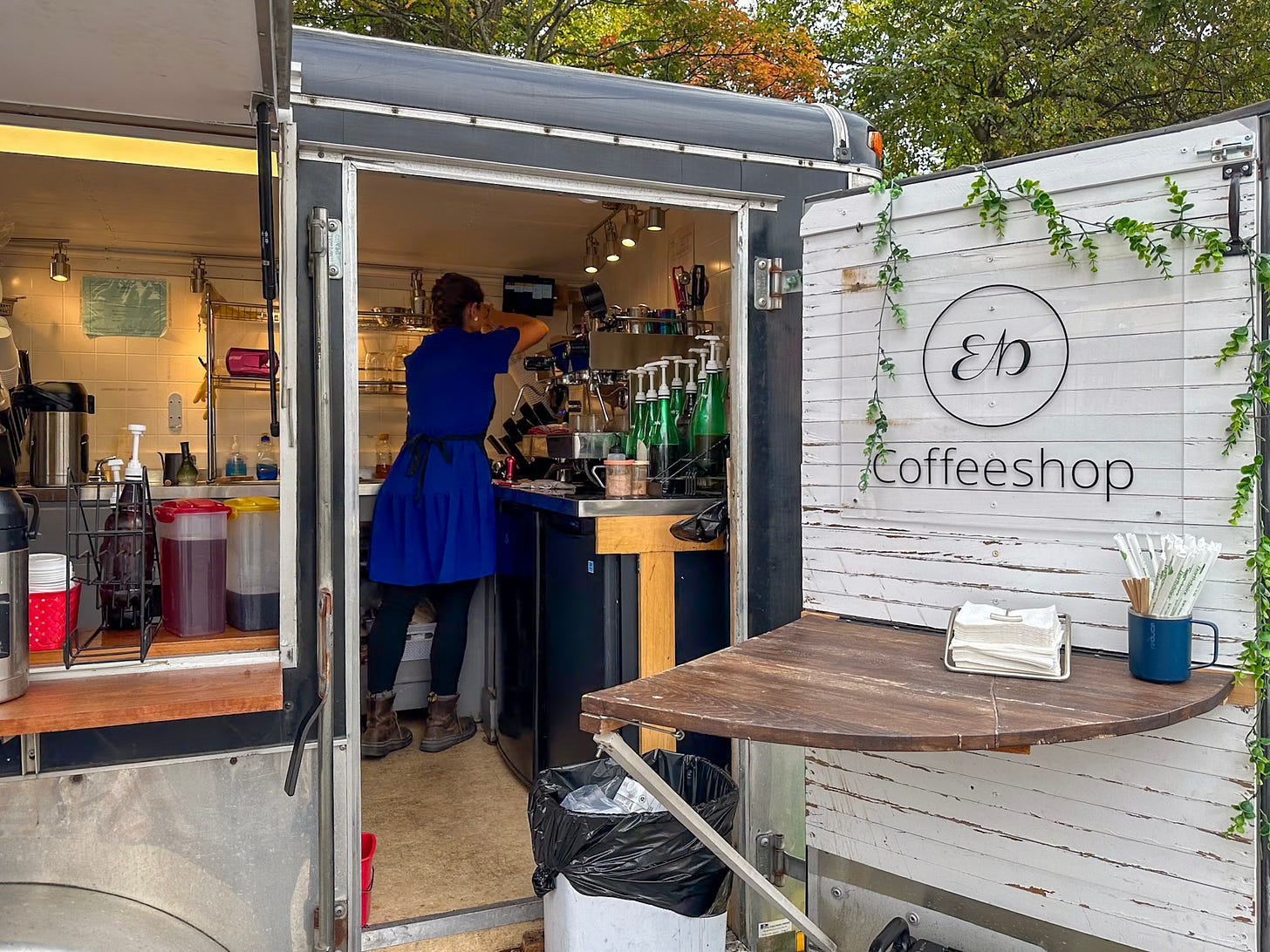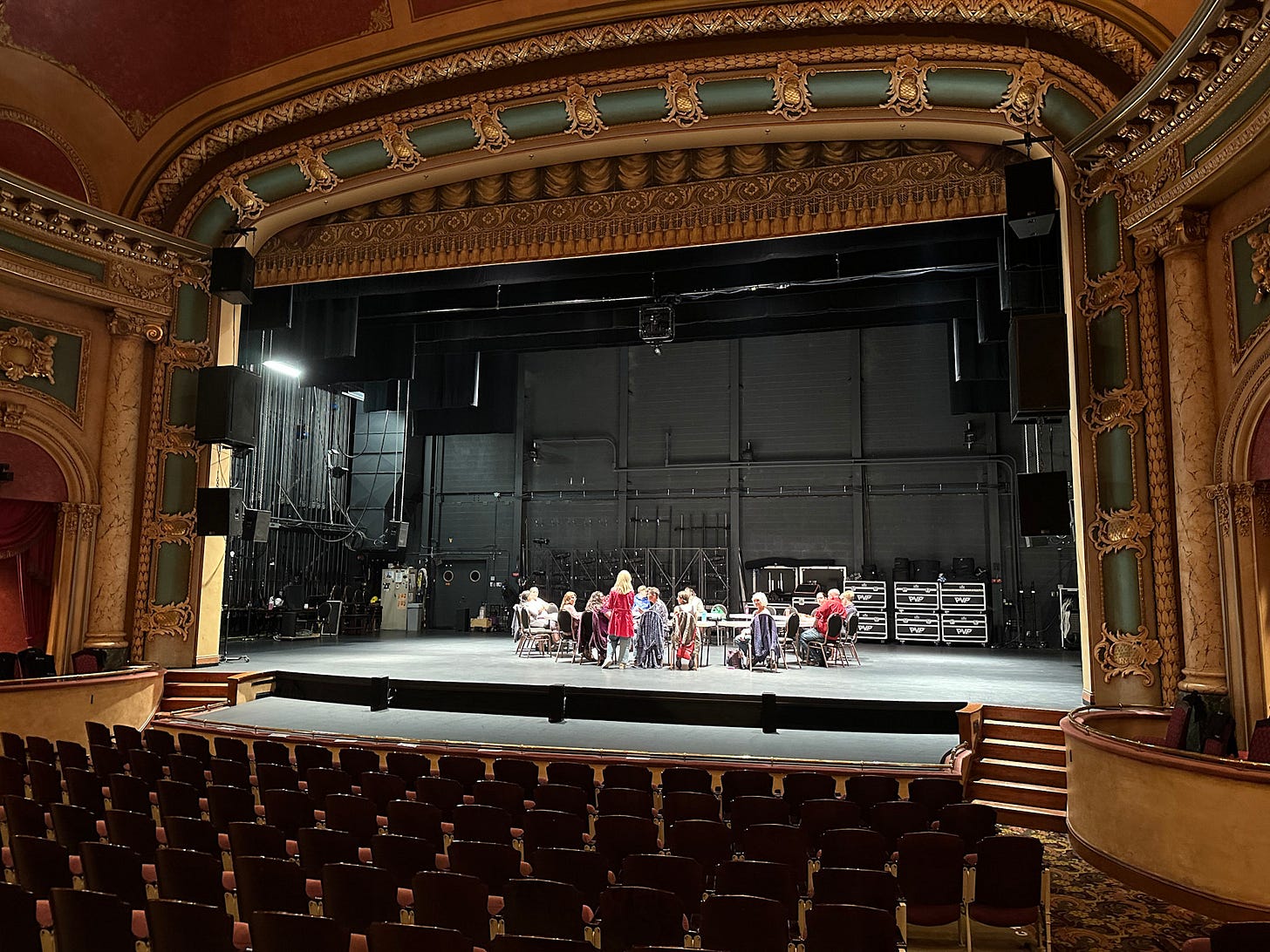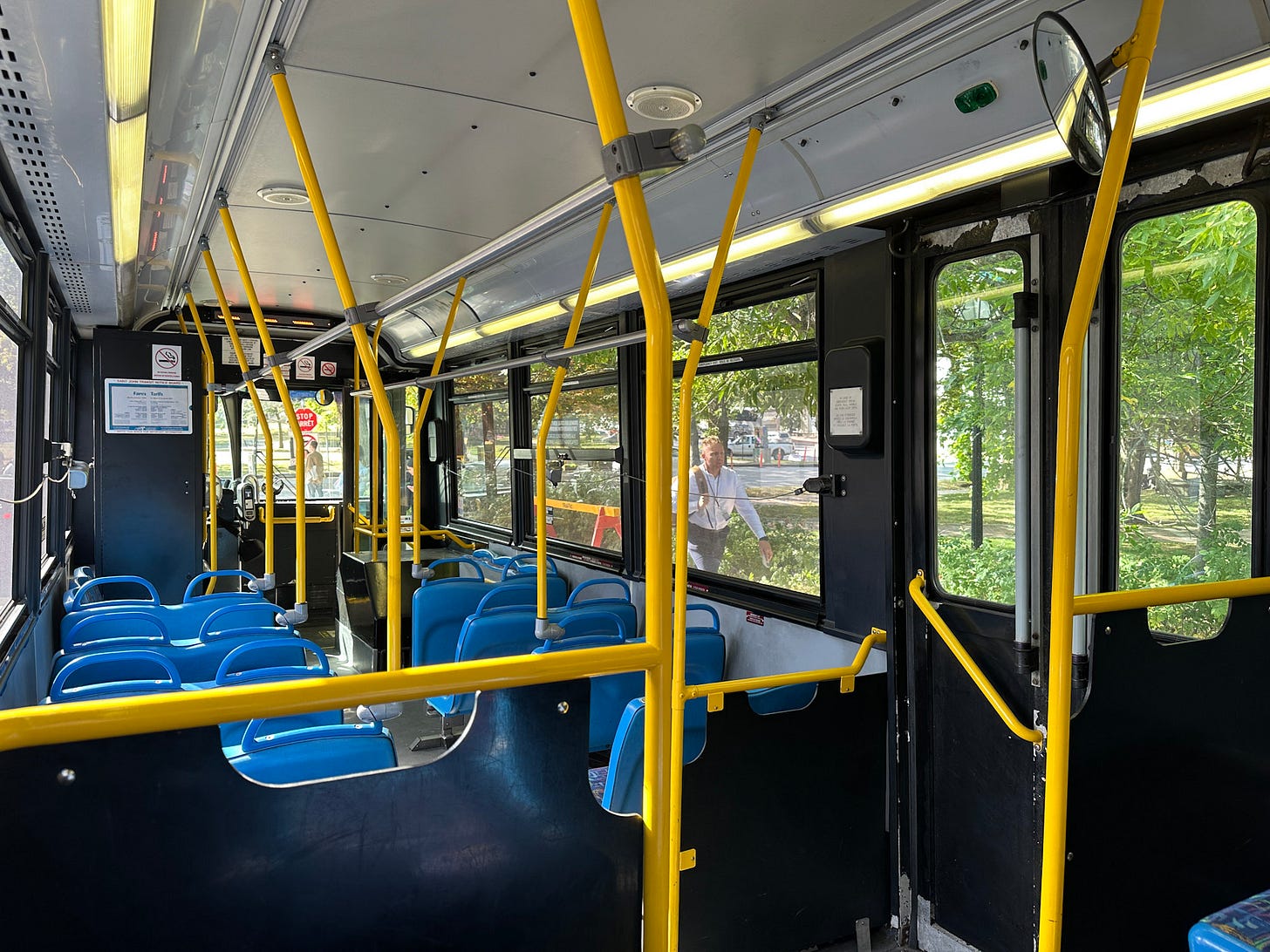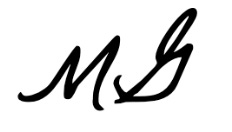The Death and Reclamation of Public Spaces
Policy and Culture
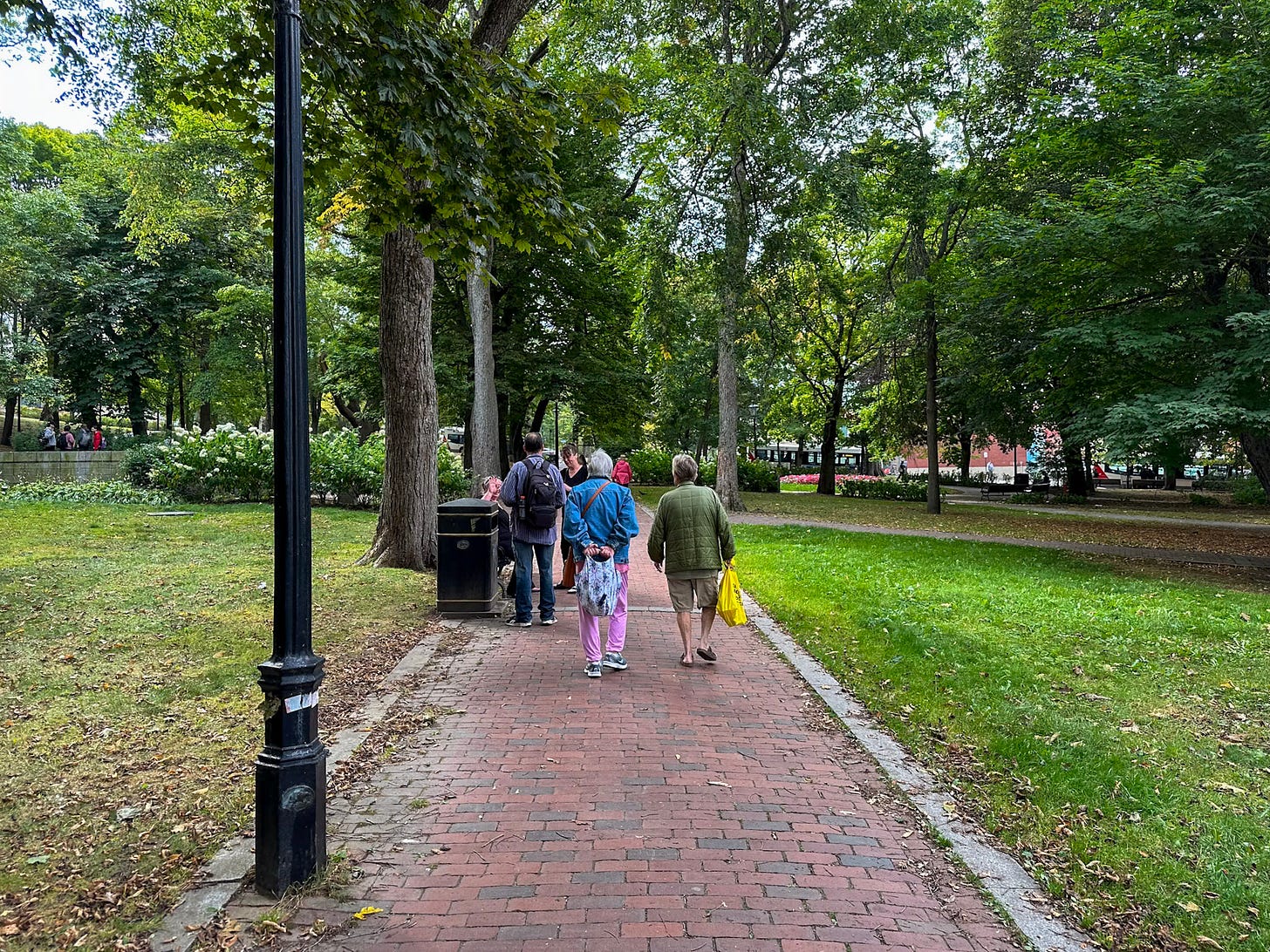
I started writing this intro at 1:27pm, in my local. This - if you know me - is perhaps the strangest time of all for me to be writing. Writing and editing is highly personal - and for me it happens on the extreme end of the time pendulum. Writing in the AM, editing in the PM. Never the two shall meet.
But I write this to you now - in the middle of a lovely September day - because I felt compelled to do so. The social and political temperature has been high as of late and my intuition tells me it’s getting harder and harder for us to understand one another - but it is critical that we do so if we are to move forward together as a culture.
As anthropologist Wade Davis has said many times - ‘Other people are not failed attempts at being you.’
I don’t have any useful conclusions that others haven’t drawn these last weeks - but what I can do is offer some practical tools that (especially) young people can use to find peace, resilience, and consistency in their lives.
My not-so-secret intuition is that we only fix this bottom-up.
For your consideration:
Delete your social apps from your phone, and only use them at a specific time of day (or for a specific duration) on the desktop. Your phone is far more addictive, and - on a practical level - actually kicks out more harmful blue light than your MacBook does, which can lead to poor sleep. You’ll naturally move slower on your laptop and if we can bring down the temperature in ourselves, we can lower it in the culture.
When you are on the platforms - it doesn’t have to be all bad! - prioritize communicating in long-form (proves you’ve thought about), with your real name (stand on your values), and choose DMs over comments or quote tweets (proves you’re willing to make a point privately - with no fame or glory to be had). And please God try not to post things for clicks or views. I’m sorry to say it, but even those who mean well who do this are contributing to the problem. We can all choose to not succumb to the algorithm, we just need the strength of character. I offer you an opportunity to do so - together - here.
When you are on the platforms - search don’t scroll. If you search, you don’t fall victim to the dopamine-death-spiral in the same way and you are in charge - not the algorithm. If you must scroll (for whatever reason) avoid the For You feed like it’s some kind of mental and spiritual junk-food. Because it is. My social fantasy is that the social media giants will put a wrapper on their feeds that looks more like ChatGPT - so that search becomes the default. But that’s not going to happen and so it is up to you and I to find this discipline for ourselves.
Take a friend, or group of friends, out to the cafe and share a hot cup of coffee and a plate of home-cooked pastries. Talk about life. Prioritize the patio if weather permits, because as Nietzsche said ‘Never trust a thought that occurs to you indoors.’ Look to cultural mentors like our Mexican, Taiwanese, or French brothers and sisters. How we live now in the modern ‘West’ doesn’t have to be the way we move forward.
Build a strong body, a calm mind, and find meaningful work. This is not nearly as difficult as it has been made out to be (although it’s no longer the default) and I would happily support you on that journey. DM me directly and we will start working on some tools. Especially if you are a young man reading this - because that’s my direct life experience - but obviously all are welcome.
I wish you strength, health, resilience, happiness, and courage.
Let’s get to it.
“…a shared national ethos is the only thing that ultimately holds a country together, making it something more than an opportunistic economic and legal union.” - Chris Arnade
Mixy Places & The Hometown Pull
Our fourth - and final! - piece on Chris Arnade’s How to Build the Perfect City.
Now - the promise of comparing the US and Europe delivered, and some parting wisdom that I hope will be useful to you in some way.
I told you in a previous post that when I settled down, all over again, in my hometown at 22 years old, it surprised me in a delightful sort of way. Surprising because I fancied myself cosmopolitan1, curious, and worldly - having been around the block more than most of my peers at the time - and my hometown was none of those things.
I expected to be in the mix, so to speak, and that would likely mean Mexico City, or Istanbul, or Sydney, or Paris, or London, because those places felt more ‘mixy’ to me, and I had a classic case of youthful (delusional) grandeur. Yes! - maybe I would retrace the steps of my ancestors and settle in the UK with frequent romantic sojourns to the Continent.
The push from my hometown was felt as acutely as the pull of the rest of the world. It was very much in-vogue to leave where I come from after high-school. Head West Young Man and all that. In the years before me it was the Western oil provinces, and in my time it was Halifax or Ontario.
As an adult I now see it as some kind of post-industrial panic that was unnecessary and ill-advised - passed down from our parents, from their parents. Perhaps it was/is a perfectly natural, youthful response, to small-town living. Maybe leaving and coming back is the perfect recipe because you rediscover home all over again and it takes on an entirely new meaning when you do.
Alas, re-settle I did on the East Coast of Canada - the latitude perhaps unsurprising (I quite like 45N), but the longitude very much so. It wasn’t for no reason. This was 2016 and the Canadian government was embarking on what would be the largest settlement agenda in it’s history, and I felt as if this was an international lifeline of sorts that allowed me to stay home, close to my family and my roots, while still satisfying my intellectual and social global itch.
Overnight I was working with Syrians, Pakistanis, Afghanis, Tajiks, Somalis, Sudanese, Chinese, Indians, and Nigerians, all with different variations on the same goal - economic opportunity and stability for their families. Happiness was (interestingly) a secondary goal, and would hopefully come as a by-product over time.2
We worked on this resettlement initiative - both of economic migrants and refugees - with vigour and blind optimism. Looking back, I think we sincerely thought that this would be 100% good and there would be no problems whatsoever, as long as we worked with open hearts and open minds. Perhaps our wise elders and senior leaders were sharper than the rest of us (one in particular who continues to be a mentor), and anticipated how hard the work would be, but the young ones simply did not. Again, a byproduct of blissful youth.
It turns out it is hard. It’s really hard. What wasn’t talked about at the time - but is most certainly being talked about now - is how hard it is to build a culture that works well3, that is simultaneously hyper-diverse and has ambitions for growth and development.
If we get it right, there are amazing gifts to be had on the other side. But there are growing pains and we’re experiencing them right now - because the people gains have outpaced the productivity gains, and that leads to things like housing shortages and long wait times at emergency rooms.
How we think about growth - or achieving our full potential4 - is important and the policy and plans we make do change culture. That’s point 4 - the final point, in this series on How to Build the Perfect City.
Is Europe Better Than the US?
Every person is from a place, and thus we’re products of something that we didn’t make. I’m a product of the 90s in North America, and I’ve somehow made it to my early 30s - mostly whole - having survived the deluge of junk food, braces, frantic middle-class doing, and the infinite desire for more stuff and bigger yards.
Perhaps - as they say - it was the worst of times, it was the best of times, because I was a part of the last generation who didn’t grow up with social media. My first Facebook account was created in the summer between grades 9 and grade 105 and that means I had 14 or 15 glorious years free from the constant juxtaposition of my life to that of the masses. One that actually allowed for boredom, the prioritization of in-person relationships, and quiet creativity - which I adored.
I have scars on my body, I played every sport that was playable locally, I waited anxiously for the next Harry Potter book and then cried when they were over. I watched my favourite shows on the night they aired, and when we finally did get a family computer it was more or less a glorified, large, word processor.
We pretend ignorantly that it can’t be that bad for kids today. Social media is simply a reflection of us, only now we can see it. What’s wrong with giving kids screens, if it gives us - the parents - reprieve from their constant, human demands?
I’m sorry to say that I am as convinced as I’ve ever been that this is completely wrong6. It’s bad. It might be really bad. This beautiful piece from Freya India, for After Babel, broke my heart and makes me wonder if we will be forgiven for what we’ve done to each other.
“I am grieving simple joys—reading a magazine; playing a board game; hitting a swing-ball for hours—where now even split-screen TikToks, where two videos play at the same time, don’t satisfy our insatiable, miserable need to be entertained. I even have a sense of loss for experiencing tragic news––a moment in world history––without being drenched in endless opinions online. I am homesick for a time when something horrific happened in the world, and instead of immediately opening Twitter, people held each other. A time of more shared feeling, and less frantic analyzing. A time of being both disconnected but supremely connected…But I never knew it”
That’s why - even though this is a series about policy just as much as it is culture - I don’t think policy is what will fix us7. This is an us problem. A rather large us problem, and it is going to take us to fix it. Bottom-up, not top-down - although Chris is all but convinced that all of culture is created and concentrated at the top.
Substack - as far as I can tell - is the closest to an actual long-form social platform that we have, and a recent debate here sparked my interest and hasn’t let me go since.
The debate is whether or not Europe is better than the United States and there have been some really excellent pieces traded back and forth - my favourites coming from Chris Arnade, Kirsten Powers, and Russel Max Simon.
Contrasting these two groups - I believe - was uniquely useful and engaging because they represent just enough contrast to make a point, but they’re not so different that it’s impossible for one to understand the other. It isn’t British or Dutch settlers trying to understand Aboriginal Australians - a culture that has been successfully farming one region of the world for 65,000 years - and it isn’t the Americans trying to understand the Chinese (which as my Chinese friends tell me is bordering on not possible).

The argument in favour of the United States is that it’s dynamic, ripe with opportunity, and it’s materially wealthy. You can maximize youness because maximizing youness over usness is the revolutionary mindset that created American culture in the first place - expressed now as things like suburban sprawl, or privacy, or remote work.
The argument for Europe is that it’s communal, and prioritizes what it means to live a good life, including in their policy. The usness is as important as the youness because it allows us to say - ‘I am this, and I know my role in this, and it is good to be this.’ This may lead to less entrepreneurial dynamism, but it strikes me as having the right ideas of prioritizing a good average daily life for citizens as opposed to focusing on the extremes and what’s possible at the margin.
The former is simultaneously lower regulation and lower trust than the former, and I don’t think I would bet on it working out long-term. It’s worth noting that my keyboard colleagues like Tomas Pueyo disagree with me here.
Hyper-individual cultures, like the United States, and increasingly Canada, seem to be the first to miss the point that how we plan a place changes the culture, and that the social really matters.
Commuter towns might be the most extreme example of this. We leave our sheltered and private home, get in our car alone (most of the time), sit in the morning drive-thru, work in our neon-light filled cubicle, go to spin class at lunch, get back in our car, drive home, and turn on Love is Blind - forsaking the natural rhythms of the social in favour of a maximum productivity, and we can’t seem to figure out why we feel so vacant and empty.
Every decision we’ve made during the day is informed by a sense of achievement, productivity and individuality that in the scheme of long-history is brand new. We wonder - but rarely express - where is everyone?
What we can’t seem to articulate is the despair that comes when we lack public spaces, or when public spaces are planned but rarely used because social life is so fragmented and broken. Policy likely fails here because we don’t actually trust each other enough for public spaces to work. So even when we do try to make good planning decisions, we don’t have the strong base to maximize it for the betterment of communal life.
The Americans don’t seem to understand this at the personal level, because the ethos of America is one of revolution, individuality, and maximizing wealth creation. To them, the relaxed operating system of the French, or the long evenings spent in the cafe chatting with other people in Italy or Spain, codes for the Americans as ‘…giving up.’
Now these very noble, exciting American values aren’t bad things in and of themselves. In fact it does lead to a dynamism that is very exciting and leads many talented immigrants from all four corners of the earth to choose the United States as their home. I myself love travelling America by road and rail - the only nation on earth that includes all 4 geographic climate zones, and has cities so productive it boggles the mind.
But paired with infinite dopamine, the failure of social agreements, global-corporate work from home, and political tension and corruption, it seems to be a recipe for disaster.
I’m going to keep unpacking this - through the lens of people, place, and work - with the help of some upcoming podcast guests - like the wonderful Pamela Clapp.
See you there.
—
All we need is a point of view, a set of tools, and a lot of time.
See you on the road.
“That sense of knowing who you are, and that you’re a valuable part of something bigger than yourself...” - Chris Arnade
Pretentious is more accurate.
This may be surprising but it’s absolutely true in fact. More to be said on this later.
This idea of things actually having to work is important. We can use all the right words, have all the best principles, and have great ideas about the future, but at the end of the day it has to work for most people. If it doesn’t, we can’t move forward as communities and as a culture.
Perhaps the best definition of economic development I’ve ever come across - from the great and unique Larry Smith at the University of Waterloo.
I think.
It’s the screens. It just is.
We think - if we only get the rules right this time (fairness!) - we will overcome what currently ails us. We can certainly make some good decisions that help - but it won’t.




